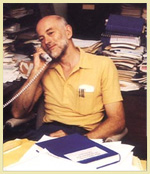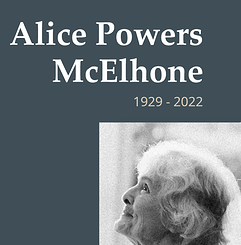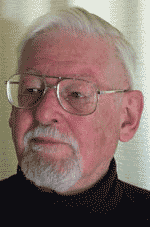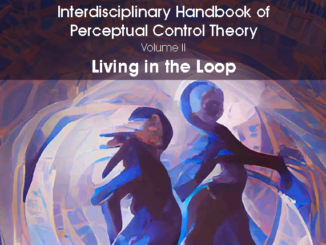
posts

Newsletter
Welcome to the Control Loop – the IAPCT newsletter. This newsletter shares updates on the latest developments in Perceptual Control Theory and is skillfully put together by Hugo Cristo Sant’Anna, one of our new active […]

“Control and Purpose”A Scientific and Practical Statement in Response to the UK Riots
Warren Mansell, University of Manchester, UK (2011)

Radical Constructivism and PCT
William T. Powers

H. Economicus: A Perceptual ControlSystem Model of the Economy
Richard S. Marken This paper describes a first step a building a working, closed-loop model of the macro economy.

A Multilevel Systems Model of Leadership
Angelo J. KinickiKathryn J. L. JacobsonBenjamin M. GalvinGregory E. Prussia AbstractThis study uses a control theory to develop a multilevel systems model of leadership. The model outlines the processes that senior leaders can use to […]

Quotes from ‘Inception’ directed by Christopher Nolan

Supporting Organizations
Endorsing the IAPCT and Perceptual Control Theory (PCT) We are pleased to showcase organizations that have indicated their support and endorsement of the International Association for Perceptual Control Theory (IAPCT) and Perceptual Control Theory (PCT). […]

MOL accreditation
Background Since 2021, we have been working on the development of an accreditation procedure for Method of Levels practitioners. Our objective is to shape the procedure according to Perceptual Control Theory (PCT) principles and provide […]

The Communication Theory Model and Economics
Samuel Bagno ©1955 IRE (now IEEE). Reprinted, with permission, from IRE Convention Record, 1955 Part 4 “Computers, Information Theory, Automatic Control.This material is posted here with permission of the IEEE. Internal or personal use of […]

IAPCT MEMBERS
BOARD MEMBERS Eva de Hullu Open Universiteit. The Netherlands IAPCT PRESIDENT As assistant professor in the department of clinical psychology at the Open University in the Netherlands, I teach students therapeutic skills, heavily informed by […]

Martin Taylor
Maurice Martin Taylor died in the afternoon of Friday 17 March 2023, after several months of terminal illness. His 87th birthday was nine months prior, on 14 June 2022. By temperament and by education Martin […]

Hugh Petrie
Hugh Petrie was a friend and supporter in his positions at Northwestern University, the University of Illinois, and the University of Buffalo, where he was Dean of the School of Education. Bill Powers dedicated Behavior: The […]

Alice Powers McElhone
Bill’s sister Alice died on 5/22/22 at age 92. I think she might have been amused at the numerical alliteration. Her big brother Bill (1926-2013) was three years older. Her daughter Barbara writes, “Alice ran […]

Richard Robertson
Dick Robertson died on 24 March 2022. His son, Eric, wrote to us “in addition to believing in and supporting the work of the Control Systems Group, my Father greatly appreciated and valued the collaboration […]

Allison Powers (Allie)
[The following is from Barbara Powers (Bara).] My sister, Alison Mary Powers (Allie) of Lafayette, CO (formerly of Northbrook, IL) passed peacefully in the early hours of January 31, 2021. After a years-long battle with […]

William T. Powers
Tributes to Bill upon his passing William T. Powers, the engineer/psychologist who developed Perceptual Control Theory (PCT) passed away on May 24, 2013 at the age of 86. He will be laid to rest next […]

The Interdisciplinary Handbook of Perceptual Control Theory, Volume II: Living in the Loop
Second volume of the Interdisciplinary Handbook of Perceptual Control Theory: Living in the Loop. Edited by Warren Mansell, Eva de Hullu, Vyv Huddy and Tom Scholte. Elsevier, 2023. […]

The Reafference Principle and Control Theory.
William T. Powers

‘Coming Full Circle’: Is Control More Important Than Prediction?
Warren Mansell

Control of Perception Should be Operationalized as a Fundamental Property of the Nervous System
Warren Mansell First published: 17 March 2011 https://doi.org/10.1111/j.1756-8765.2011.01140.x https://onlinelibrary.wiley.com/doi/full/10.1111/j.1756-8765.2011.01140.x

Perceptual basis of bimanual coordination
Franz Mechsner, Dirk Kerzel, Günther Knoblich & Wolfgang Prinz Mechsner, F., Kerzel, D., Knoblich, G. et al. Perceptual basis of bimanual coordination. Nature 414, 69–73 (2001). https://doi.org/10.1038/35102060 https://www.nature.com/articles/35102060
